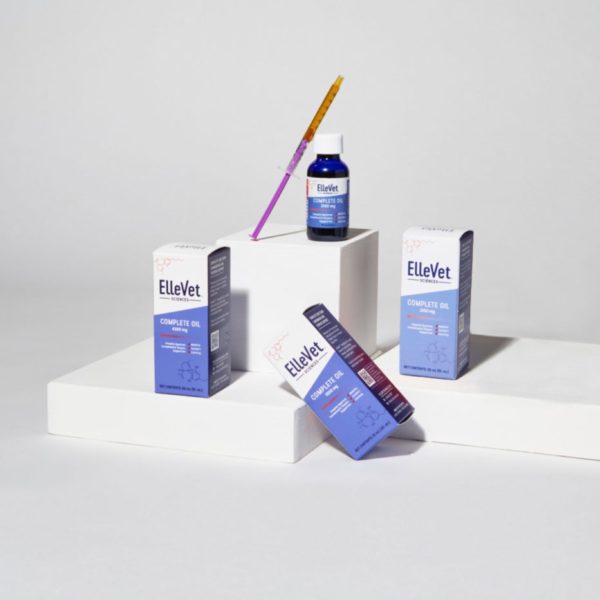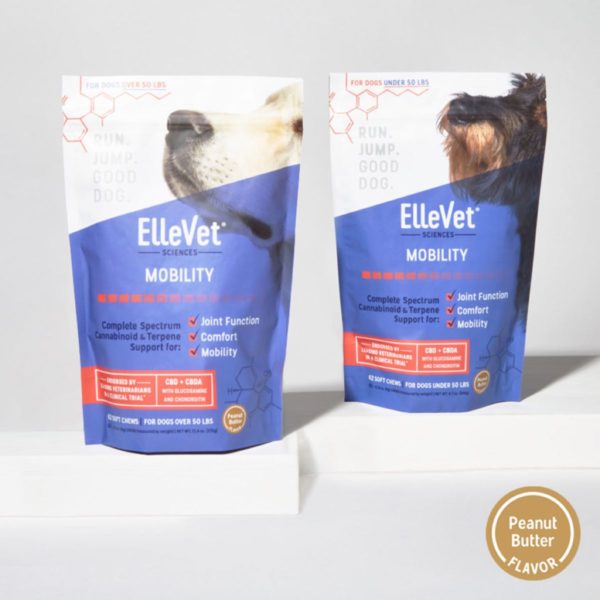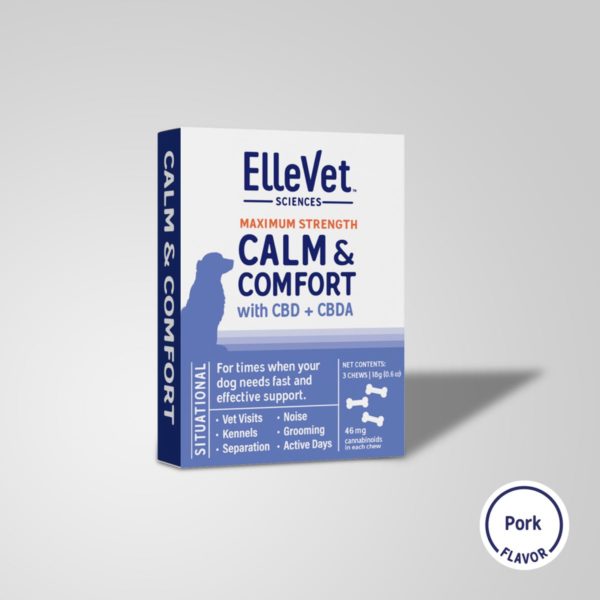The much-anticipated adventure or relaxation of summer vacation can be dampened by the prospect of leaving your canine companion in the kennel or under the care of a pet sitter, not to mention the sometimes expensive price point of either option.
Camping provides both the opportunity for adventure and can also be pet-friendly. Camping with dogs often enhances the experience, as their joy reminds us of the present moment. However, it may take a little research and more planning. Here’s essential information to understand before enjoying a camping trip with your pup.
Is My Dog Ready to Go Camping?
First, you may be camp ready, but is your dog? Assessing camp readiness begins with understanding your canine’s basic personality. If your pup is constantly barking, anxious, or aggressive, it may be best to hold off on camping for a while. Otherwise, assess what kind of adventure is best for you and your pup. You wouldn’t take a friend whose favorite pastime is lounging on a week-long backpacking trip, so make sure you have a realistic view of your dog’s proclivity towards athletic endeavors.
Once you have a realistic view of the adventure on which you want to embark, be sure to prepare by taking these steps:
- Training: Whether you are in the backcountry or a reasonably accessible campground, your dog will need a reliable recall command to keep them out of danger. This also goes for a “leave-it” command. Further, make sure your dog is comfortable relaxing on a leash or portable crate, as many campgrounds do not allow pets to roam off-leash.
- ID: Your Dog needs to be identified, so ensure they have an up-to-date tag. Further, it may be helpful to bring an up-to-date picture of your pup in the chance they get loose.
- Fleas, Ticks, Mosquitos, Oh My: Talk to your vet to ensure your dog is protected from fleas and ticks.
- Vaccinations: Ensure your pet is current on all vaccinations – a requirement from most pet parks and campgrounds.
Okay, it Seems Like My Dog is Ready, But Where Can We Go?
National Parks
Many national parks allow you to visit with your dog. The question, though, is: “What kind of adventures do you envision pursuing with your pup?” Rules vary about canine-friendly outings; given your dog will be a constant companion, planning your outings is required.
Across the national park system, rules regarding canine inclusivity vary. For example, at Yellowstone National Park, pets must stay within 100 feet of roads, parking areas, and campgrounds. But at the Grand Canyon, pets are allowed on all of the highly visited trails above the South Rim, including the 13 plus-mile Rim Trail, which features an outstanding panorama of the rust-colored ravine.
So check out the website or the National Park Service map, which is a helpful resource for learning more about rules across the park system.
State Parks
Many states have compiled resources to inform people about park canine policies. Like the national parks, rules vary. When dogs are restricted, it is often to protect local ecosystems and wildlife.
In Maine, pets on a leash no longer than 4 feet are allowed in state parks. Pets are not permitted on the beach from April 1 through the end of September or at Sebago Lake State Park campground. All other campgrounds allow pets.
If you have determined appropriate outings that fit your dog’s personality as well as given regulations, it is time to gear up!
What Supplies Does My Dog Need
As stated earlier, make sure you have proper puppy identification, as well as a vaccination record and health history handy. Nature can be unpredictable, and so can dogs, so here what you need to be prepared:
- First Aid Kit – Bring dog-specific first aid items such as,
- A bandana for a makeshift muzzle
- Tweezers for tick removal
- An emergency fold-up blanket for treating shock or cold
- A folding multiple that has needle-nose pliers for extracting a large thorn or a porcupine quill
- Booties for protecting injured paws – tip: toddler socks work well!
- Bandages
- Antiseptic
- Dedicated Dog Water Bottle & Lightweight Food and Water Bowl – Depending on where you’re headed, make sure you have access to reliably clean water, whether naturally or by investing in a filter.
- Dog Backpack
- Dog Sleeping Pad
- Collar Light
- Portable Crate – Lightweight / Fabric Walled
- Overpack Dog Food – All that adventure means your pup is burning extra calories, and they may need more fuel than normal
- Check the Weather – Will your dog need extra protection against wind, rain, or cold? Consider a dog coat to keep them safe from the elements.

More Tips for Success!!
Here are more tips to ensure a safe and fun adventure with your dog:
- Understand that your dog is your Constant Companion – most campgrounds do not allow your pup to stay alone, so prepare to be with your dog at all times.
- Be Cognizant of other Campers – You love your dog, but not every camper will have an aptitude for canine companionship. Monitor your dog as they interact with other campers, and clearly communicate your dog is not aggressive.
- Don’t Shout at Your Dog Constantly – this can bother neighboring campers trying to enjoy a serene moment in nature, and anyways, this is not the most effective way to condition or train any dog.
- Understand Surrounding Wildlife – Your pup is likely not the only one walking around on four legs nearby. Understand the local environment to protect your pup from any larger or dangerous animals in the area.
- Practice B.A.R.K. – when in doubt, practice B.A.R.K. and you are one step closer to a successful camping experience:
- B – Bag your pet’s waste
- A – Always leash your pet
- R – Respect wildlife
- K – Know where you can go
With this in mind, your camping endeavor is not likely to be side-tracked by canine-related concerns. Instead, you can enjoy the serene adventure of camping together, and really, what could be better than that?
The ElleVet Team
844-673-7287
[email protected]
-
 ElleVet Hemp CBD + CBDA Oil For Dogs$70.00 – $229.95
ElleVet Hemp CBD + CBDA Oil For Dogs$70.00 – $229.95 -
 ElleVet Hemp CBD + CBDA Chews$79.95 – $89.95
ElleVet Hemp CBD + CBDA Chews$79.95 – $89.95 -
 ElleVet Hemp CBD + CBDA Soft Gels$39.95 – $139.95
ElleVet Hemp CBD + CBDA Soft Gels$39.95 – $139.95 -
 ElleVet Calm and Comfort Chews$14.95
ElleVet Calm and Comfort Chews$14.95
